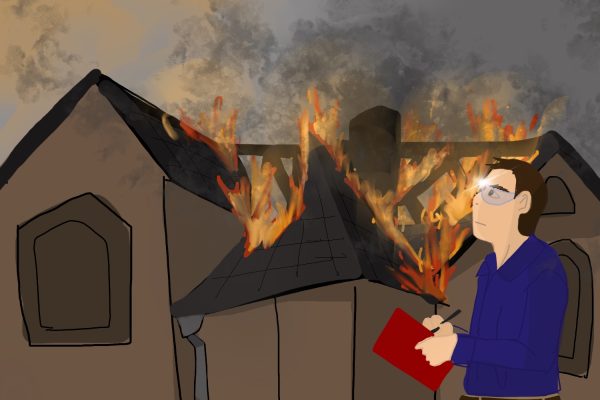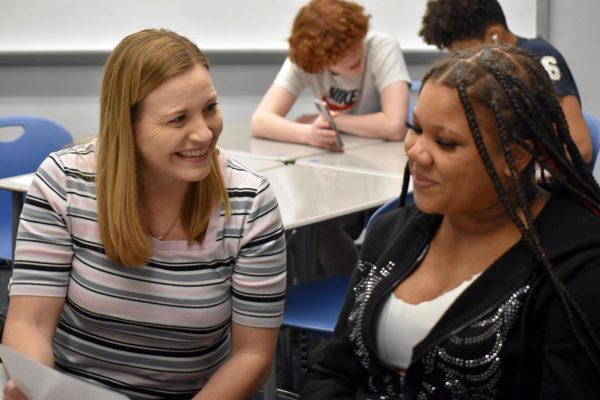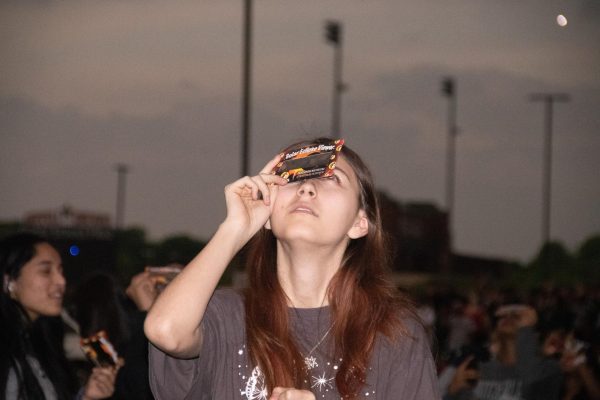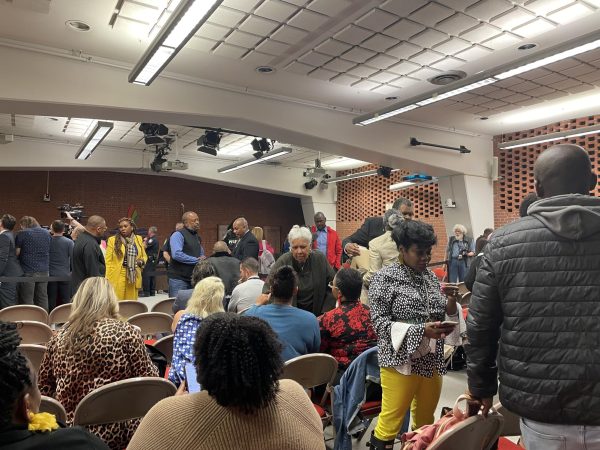New “safe park” program could help Portland’s houselessness
March 19, 2021
In early February, a “safe park “program was proposed by City Commissioner Dan Ryan who oversees Portland’s Housing Bureau, the Joint Office of Homeless Services and the Bureau of Development Services.
“The idea is that [the “safe park” program] would be so that people who live in their vehicles could park somewhere safe and be able to have access to the basic amenities… basic things that we take for granted,” says Yesenia Carrillo, who is in charge of Constituent Relations for Dan Ryan as well as Ryan’s Policy and Communications Advisor.
According to Portland city officials, the parking lots would have access to services that the houseless community can utilize to move towards more stable housing in the future.
“[There would be] a bit of support to help people identify where they could get services that might help them get back into an apartment,” says Marc Jolin, Director of the Joint Office of Homeless Services.” And then there are other “safe park programs” that are a little more intensively supported. For folks who are sort of maybe longer-term living in their vehicles, maybe they’re living in an RV, and then they have more barriers to getting off of the streets.”
A similar safe park program is currently used in other major cities such as Los Angeles, CA. And according to the Safe Park LA web, after just five years in operation, approximately 25% of the houseless population in LA are now staying in city-protected safe parking lots.
While this idea may be a new consideration for Portland’s city officials, it has been present in the community for a long time.
“The idea is definitely something that many of our community partners have been thinking about and advocating for, but [the safe park program] was not something that the government agents have pursued,” says Carrillo. “This has been an idea that’s been amongst the community for a long time.”
The same concept is currently used within faith-based organizations. The Portland Zoning Code under section 33.920.470.B allows for three vehicles to be parked in a religious institution’s parking lot per night as long as they have access to sanitary facilities.
“There have been partnerships in the past with different faith-based organizations who wanted to make their parking lots available for people who are living in their vehicles,” says Carillo.
While a safe park program has yet to be implemented in Portland, the city is currently taking proposals for additional forms of alternate housing that can be incorporated into the Portland plan.
“Once we see those proposals, we’ll have a better idea of both what type of safe park we’re going to be offering, and what the scale of that safe park will be,” says Jolin.
Portland has implemented other outdoor housing solutions during the COVID-19 pandemic that provide a tent, bed, sleeping bag and other hygienic amenities to accommodate crowded shelters. According to the Oregonian, one focuses on the LGBTQ+ community, one on people of color and another that is for everyone, but prioritizes older folks. City officials say safepPark is a similar, less expensive alternative.
“One of the advantages of the safe park programs over any other shelter strategies that we have is that folks have their vehicles so we’re not having to invest in sleeping structures or shelter beds,” says Jolin. “It’s less expensive, especially in the short-term model of providing some support to folks.”
Jolin says another potential benefit to the safe park program is its ability to accommodate those who are chronically houseless, or those who aren’t looking for shelter or permanent housing. This may be due to having a bad experience at a shelter, wanting to stay with their pet, or worries about being separated from their partner.
“You’re still going to find folks who are camping— when you talk to them about shelter, their initial reaction is going to be [that they] don’t really want to go. We try very hard to help them understand what’s different about shelter now, and that might be a better fit than they think. And then we also just recognize that we need to keep working on different strategies that might be better,” says Jolin.
Advocates say everyone living as a houseless person has a different experience and may need a different path to permanent housing. City officials say Portland is working to accommodate these differences in needs, and the safe park program may be a step in that direction.
“It can be dangerous to be sleeping unsheltered. We want to be able to offer people some basic safety and stability that allows them to both be safe tonight,” says Jolin. “But to have that sense of support, that allows them to focus on the work they need to do to get back into permanent housing because it takes work.”
This story was originally published on The Cardinal Times on March 18, 2021.



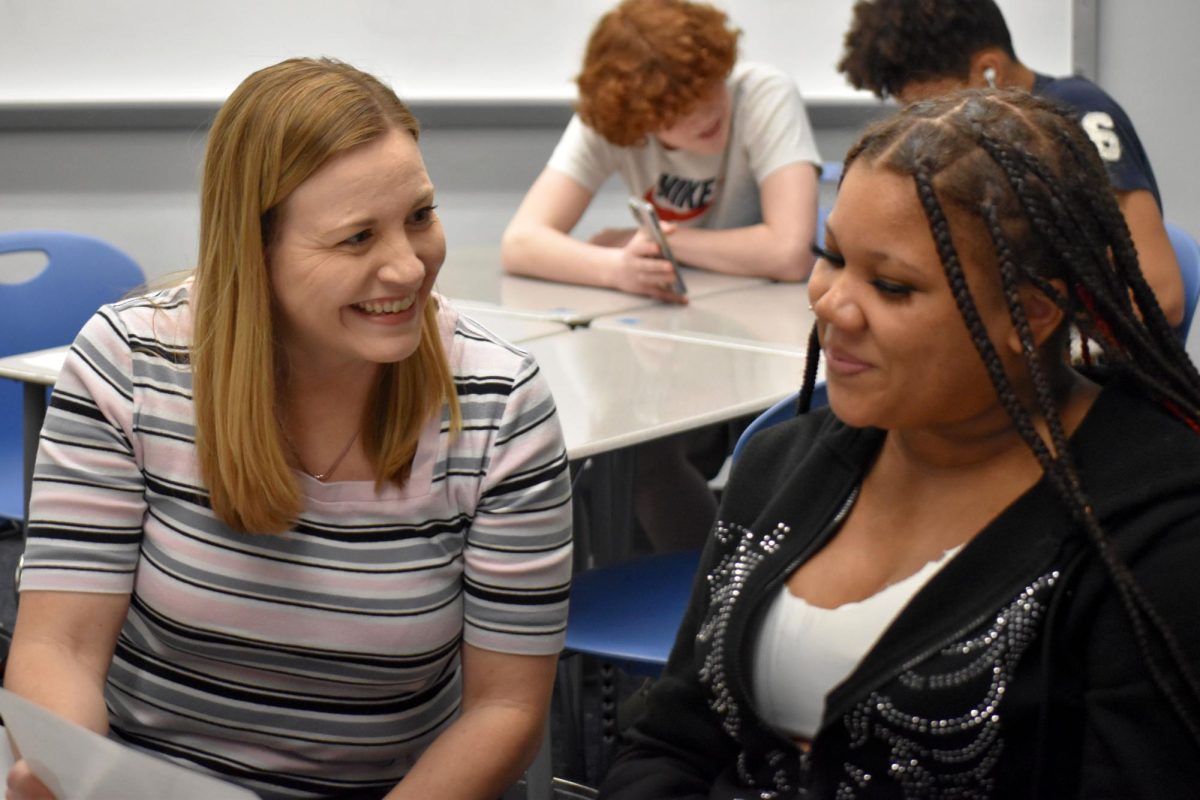
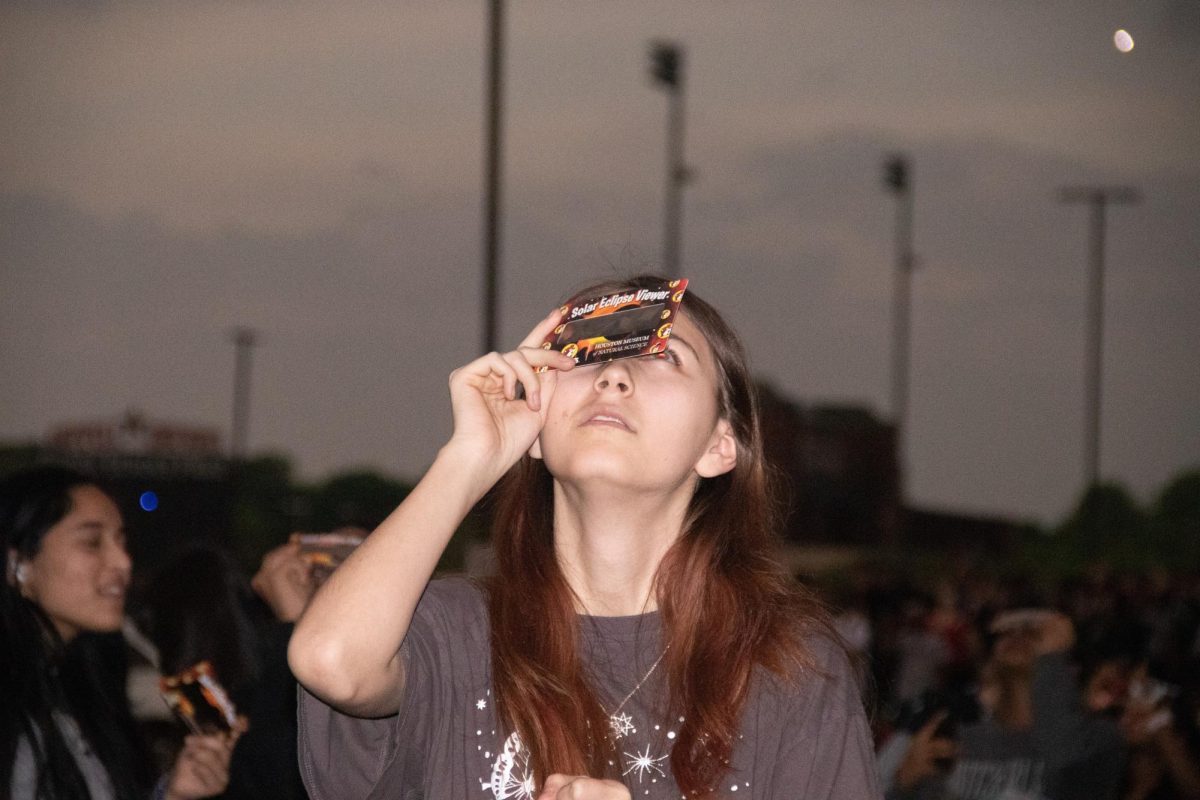










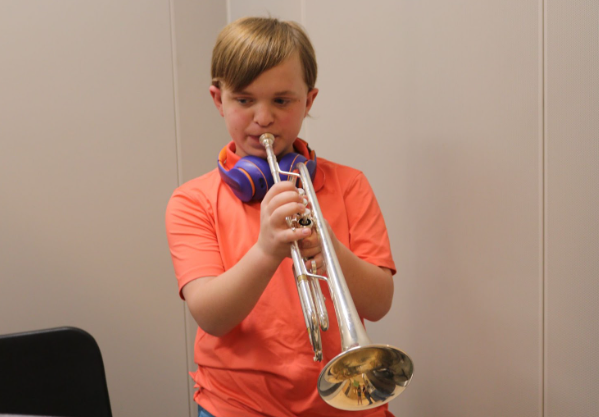




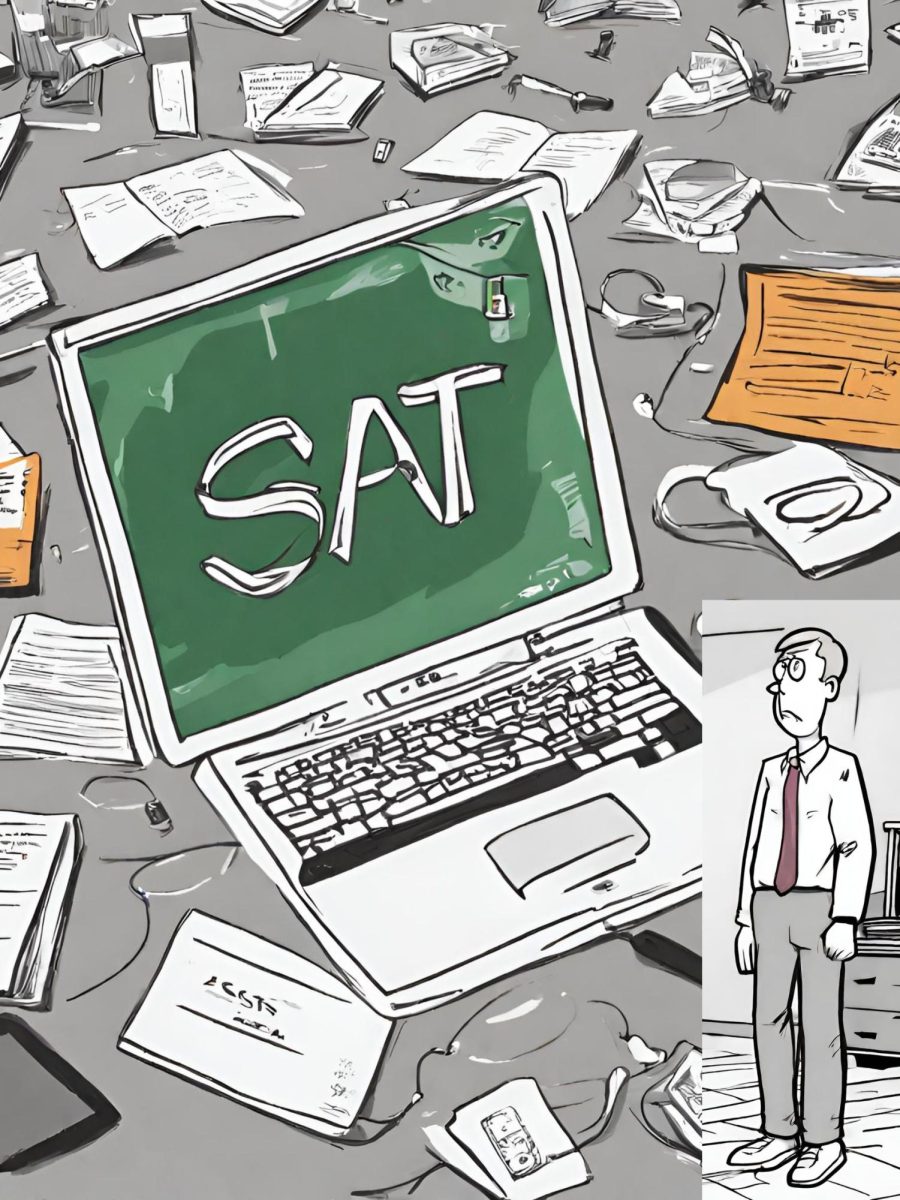








![IN THE SPOTLIGHT: Junior Zalie Mann performs “I Love to Cry at Weddings,” an ensemble piece from the fall musical Sweet Charity, to prospective students during the Fine Arts Showcase on Wednesday, Nov. 8. The showcase is a compilation of performances and demonstrations from each fine arts strand offered at McCallum. This show is put on so that prospective students can see if they are interested in joining an academy or major.
Sweet Charity originally ran the weekends of Sept. 28 and Oct. 8, but made a comeback for the Fine Arts Showcase.
“[Being at the front in the spotlight] is my favorite part of the whole dance, so I was super happy to be on stage performing and smiling at the audience,” Mann said.
Mann performed in both the musical theatre performance and dance excerpt “Ethereal,” a contemporary piece choreographed by the new dance director Terrance Carson, in the showcase. With also being a dance ambassador, Mann got to talk about what MAC dance is, her experience and answer any questions the aspiring arts majors and their parents may have.
Caption by Maya Tackett.](https://bestofsno.com/wp-content/uploads/2024/02/53321803427_47cd17fe70_o-1-1200x800.jpg)
![SPREADING THE JOY: Sophomore Chim Becker poses with sophomores Cozbi Sims and Lou Davidson while manning a table at the Hispanic Heritage treat day during lunch of Sept 28. Becker is a part of the students of color alliance, who put together the activity to raise money for their club.
“It [the stand] was really fun because McCallum has a lot of latino kids,” Becker said. “And I think it was nice that I could share the stuff that I usually just have at home with people who have never tried it before.”
Becker recognizes the importance of celebrating Hispanic heritage at Mac.
“I think its important to celebrate,” Becker said. “Because our culture is awesome and super cool, and everybody should be able to learn about other cultures of the world.”
Caption by JoJo Barnard.](https://bestofsno.com/wp-content/uploads/2024/01/53221601352_4127a81c41_o-1200x675.jpg)




